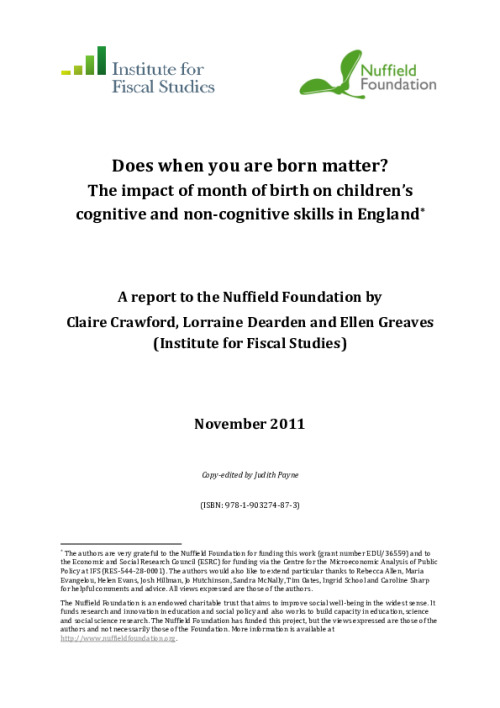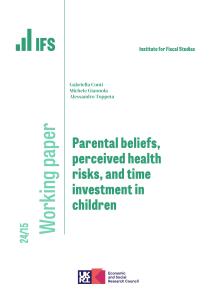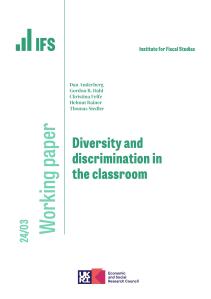It is well known that children born at the start of the academic year tend to achieve better exam results, on average, than children born at the end of the academic year. This matters because educational attainment is known to have long-term consequences for a range of adult outcomes. But it is not only educational attainment that has long-lasting effects: there is a body of evidence that emphasises the significant effects that a whole range of skills and behaviours developed and exhibited during childhood may have on later outcomes. There is, however, relatively little evidence available on the extent to which month of birth is associated with many of these skills and behaviours, particularly in the UK.
The aim of this report is to build on this relatively limited existing evidence base by identifying the effect of month of birth on a range of key skills and behaviours amongst young people growing up in England today, from birth through to early adulthood. This work will extend far beyond the scope of previous research in this area - in terms of both the range of skills and behaviours considered, and the ability to consider recent cohorts of children - enabling us to build up a more complete picture of the impact of month of birth on children's lives than has previously been possible.
Authors interested in estimating the impact of month of birth often take advantage of a technique known as regression discontinuity design. A brief overview of the method and some of the ways it has been applied to this topic in different disciplines can be found here.











